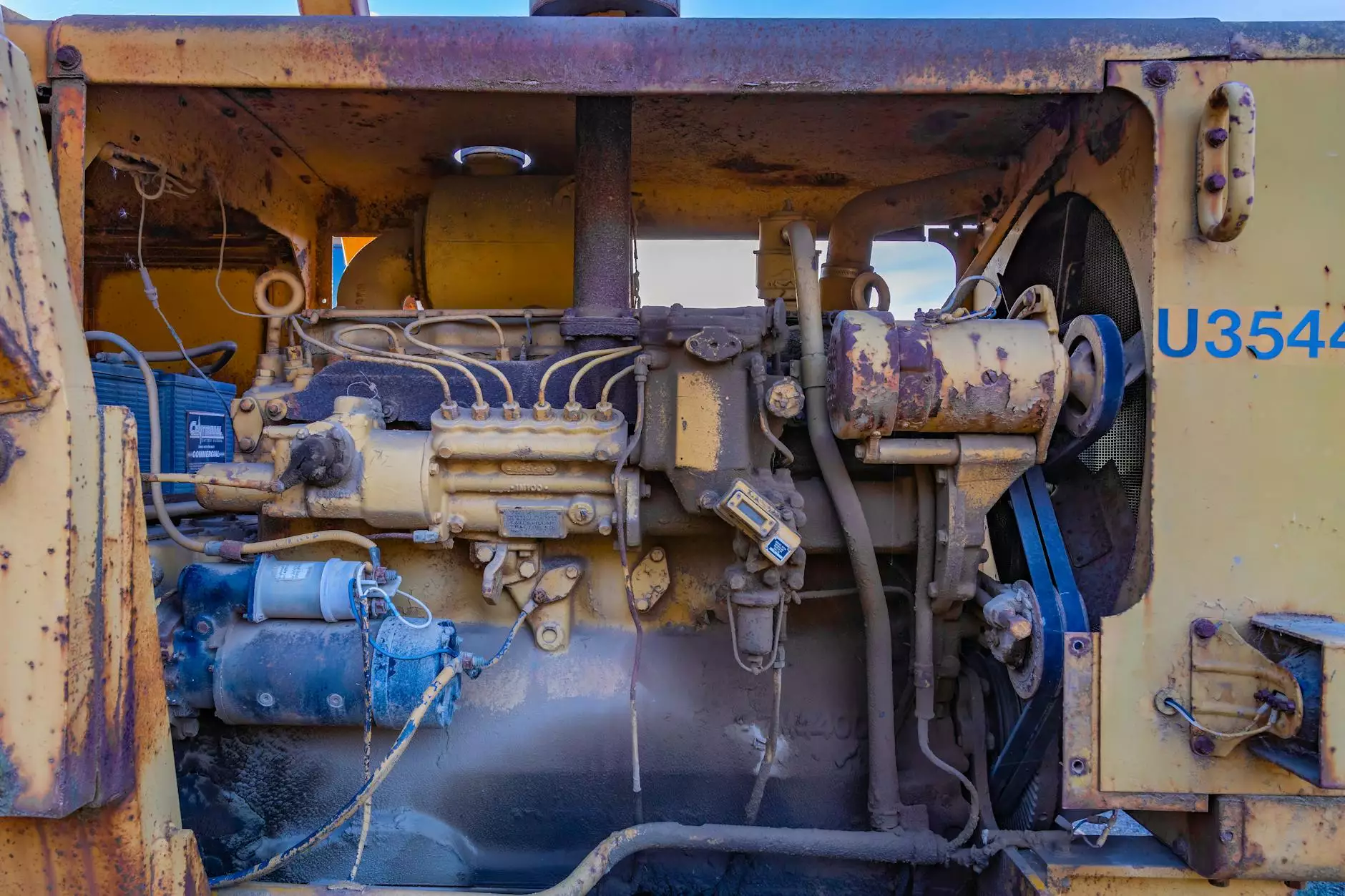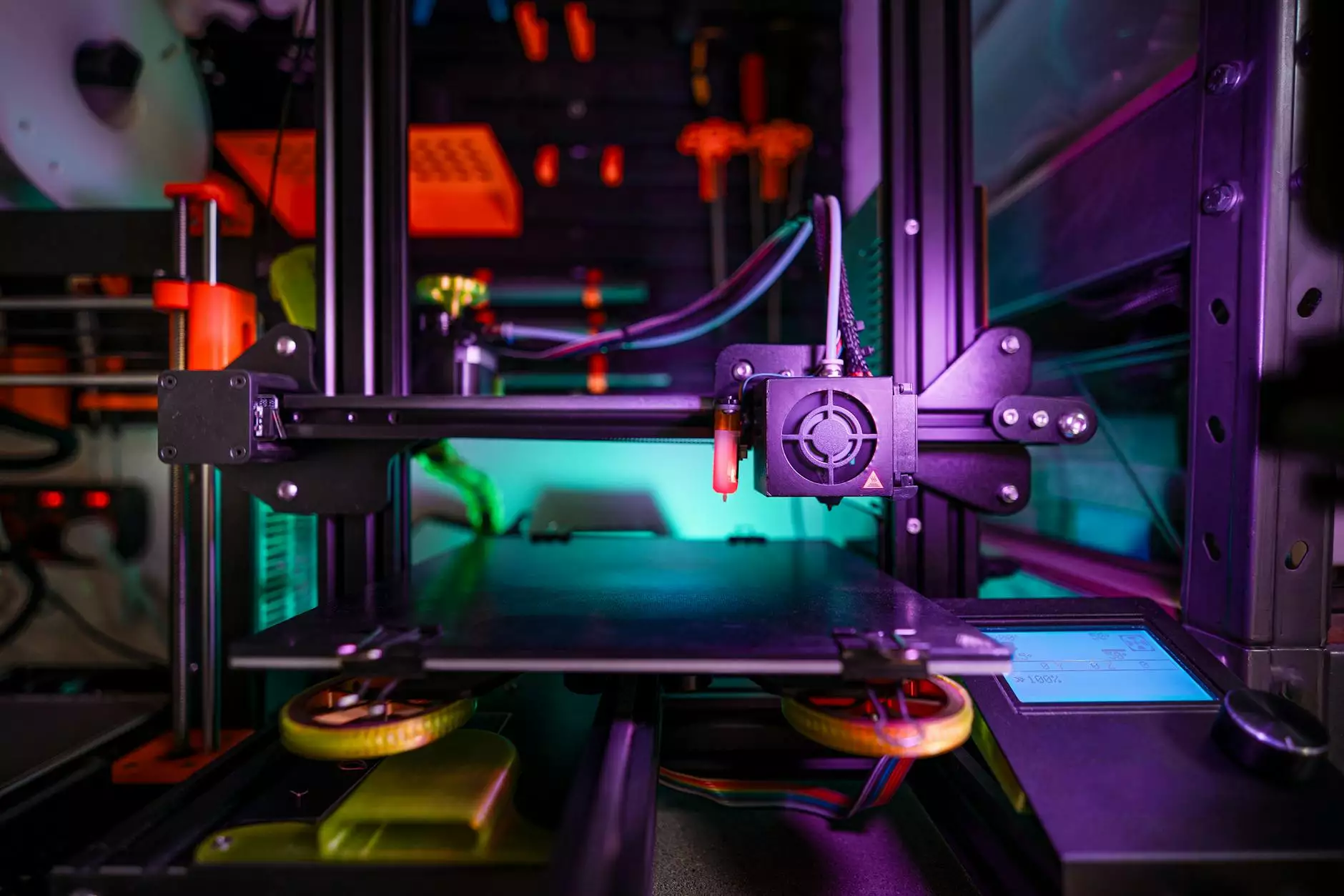Understanding Auto Parts Fuel Pump: Your Comprehensive Guide

Auto parts fuel pump are critical components in any diesel engine. They play a vital role in ensuring your engine runs smoothly and efficiently. This article aims to provide an in-depth understanding of fuel pumps, their functionality, various types available, and their importance in the automotive industry, especially for diesel engines. Additionally, we will explore tips for maintenance and selection to help you make informed decisions.
What is an Auto Parts Fuel Pump?
The fuel pump is an integral part of your vehicle's fuel system. Its primary function is to transfer fuel from the tank to the engine, maintaining adequate pressure to deliver the fuel effectively. There are two main types of fuel pumps:
- Mechanical Fuel Pumps: Generally found in older diesel engines, these pumps are driven by the engine itself.
- Electric Fuel Pumps: More common in modern vehicles, these pumps use electric power to transport fuel efficiently.
How Does a Fuel Pump Work?
The operation of a fuel pump is critical to the functionality of the engine. Here’s how it typically works:
- The ignition system starts, activating the fuel pump.
- Fuel is drawn from the tank, an action facilitated by the pump's mechanics.
- The pump pressurizes the fuel, ensuring that it can reach the engine effectively.
- This pressurized fuel is then delivered to the fuel injectors, which introduce it to the combustion chamber.
This process ensures that your diesel engine has a steady supply of fuel, which is essential for optimal performance.
Types of Auto Parts Fuel Pump
There are several types of fuel pumps available in the market, and each type is designed to meet specific needs:
1. Inline Fuel Pumps
These pumps are typically located between the fuel tank and the engine and are commonly used for diesel engines. They help maintain a consistent fuel flow even under high demand.
2. Submersible Fuel Pumps
As the name suggests, these pumps operate submerged in the fuel tank. They are known for their high efficiency and are widely seen in modern vehicles.
3. Fuel Transfer Pumps
Used primarily in fuel distribution and storage, these pumps are essential in transferring fuel from large containers to smaller vehicles or equipment.
4. High-Pressure Fuel Pumps
These are used in common rail fuel systems found in modern diesel engines. They ensure that fuel is injected into the engine at the required pressure for efficient combustion.
Importance of Auto Parts Fuel Pump in Diesel Engines
The role of the fuel pump in diesel engines cannot be overstated. Here are several reasons why a quality fuel pump is crucial:
- Efficiency: A reliable fuel pump ensures that the engine receives the correct amount of fuel at the right pressure, enhancing overall efficiency.
- Performance: Poor fuel supply can lead to performance issues such as decreased power and acceleration.
- Longevity: A functioning fuel pump contributes to the longevity of the engine by preventing fuel starvation or excess pressure situations.
- Emission Control: Correct fuel delivery helps in minimizing harmful emissions, portraying the importance of a good fuel pump in environmental conservation.
Common Issues with Fuel Pumps
Like any other component, fuel pumps can face issues that may affect their performance. Here are common problems encountered:
- Fuel Leaks: Can occur due to wear and tear or damaged hoses, which can be hazardous.
- Noisy Operation: A fuel pump that operates loudly may indicate that it is failing or that there’s an air leak.
- Poor Fuel Delivery: Symptoms include difficulty starting the engine or inconsistent acceleration. This often indicates a failing pump.
Maintenance Tips for Your Fuel Pump
Proper maintenance of your fuel pump can prolong its life and ensure optimal performance. Here are some tips:
- Regular Fuel Filter Replacement: This prevents contaminants from getting to the fuel pump, which can shorten its lifespan.
- Maintain Fuel Level: Keeping the fuel tank at least a quarter full can prevent the fuel pump from overheating.
- Use Quality Fuel: Low-quality fuels can introduce impurities that damage the pump over time.
- Listen for Changes: Pay attention to unusual sounds from the pump or changes in engine performance.
Choosing the Right Fuel Pump
Selecting the appropriate fuel pump for your diesel engine is crucial. Here’s what you need to consider:
- Compatibility: Ensure that the fuel pump is compatible with your vehicle’s make and model.
- Performance Ratings: Look for pumps that meet or exceed OEM specifications.
- Manufacturer Reputation: Opt for reputable manufacturers known for quality auto parts.
- Warranty: A good warranty is indicative of the manufacturer’s confidence in their product.
The Future of Fuel Pumps in Diesel Engines
As technology advances, the future of fuel pumps in diesel engines is evolving. Innovations such as electronic fuel injection (EFI) technology and sophisticated fuel management systems are paving the way for increased efficiency and reduced emissions.
Moreover, the integration of diagnostic tools that monitor fuel pump performance promises to revolutionize how we manage and maintain these critical components. The potential for automated systems that adjust fuel delivery based on real-time engine demands is on the horizon, pushing the boundaries of automotive engineering.
Conclusion
Understanding the role of the auto parts fuel pump is essential for any diesel vehicle owner looking to maintain performance and efficiency. By selecting the right fuel pump, adhering to maintenance schedules, and keeping an eye on potential issues, you can ensure that your engine runs at its best.
At client-diesel.com, we offer a wide range of high-quality diesel engine parts, including top-of-the-line fuel pumps that meet the rigorous demands of modern diesel engines. Explore our selection today to find the perfect parts that will keep your engine running smoothly for years to come!









